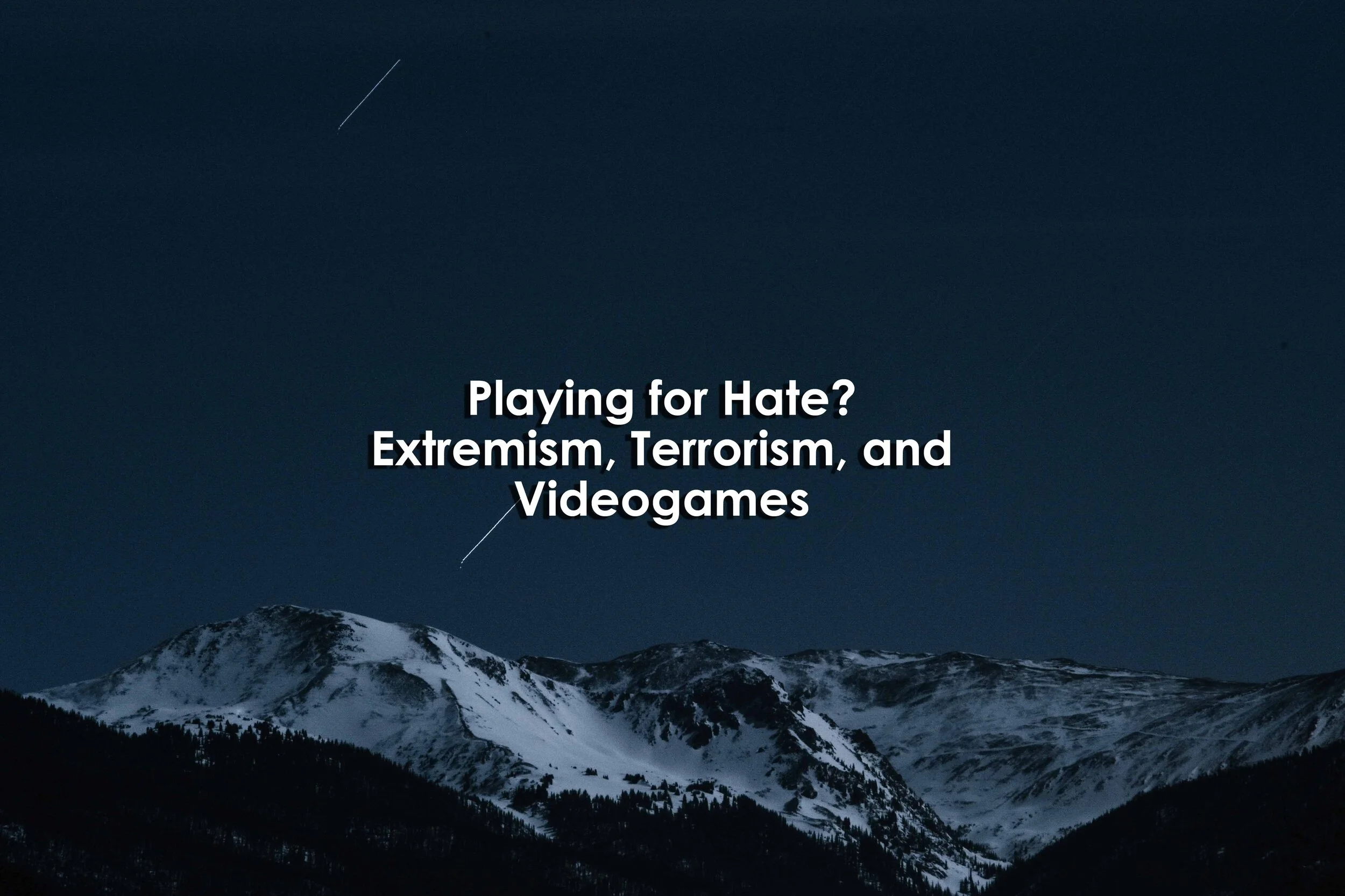Playing for Hate? Extremism, Terrorism, and Videogames
Playing for Hate? Extremism, Terrorism, and Videogames
Playing for Hate? Extremism, Terrorism, and Videogames
Nick Robinson, Joe Whittaker
Abstract
“Although the production of videogames by extremist and terrorist groups has markedly declined since a high point in the 2000s, game-based interventions remain highly significant, whether through the adoption of gaming-based iconography in extremist and terrorist social media campaigns or through the activity of modders and groups’ supporters who continue to make games championing extremists and terrorists. Building on Conway’s 2017 call to look anew at the nexus between violent extremism, terrorism, and the internet, we problematize existing work on the use of videogames by extremists and terrorists. First, we argue that research needs to move beyond viewing games as tools for recruitment: seeing videogames as sources of propaganda that work to reinforce the views of those already empathetic to and/or attuned to a group’s messages significantly expands our understanding of the interrelationship between players and extremist and terrorist videogames. Second, we argue that the present literature – whilst impressive – has overly privileged the “reading” of in-game representations, at the expense of attention to the central role of interactive gameplay in promoting the strategic communication and propaganda aims of a group. It is through the undertaking of in-game actions that a player comes to experience a group’s values and aims. Research on videogames, extremism and terrorism is at a nascent stage – this article seeks to provoke further thinking and open up spaces for debate in this crucial, yet under-studied, area”.
Reference
Robinson, N., & Whittaker, J. (2020). Playing for Hate? Extremism, Terrorism, and Videogames. Studies in Conflict & Terrorism, 1-36. https://www.tandfonline.com/doi/abs/10.1080/1057610X.2020.1866740
Keywords
Videogames, extremism, terrorism

